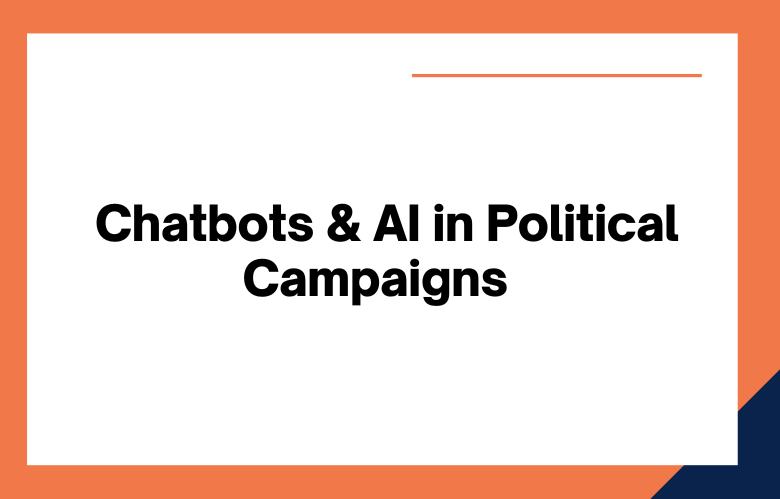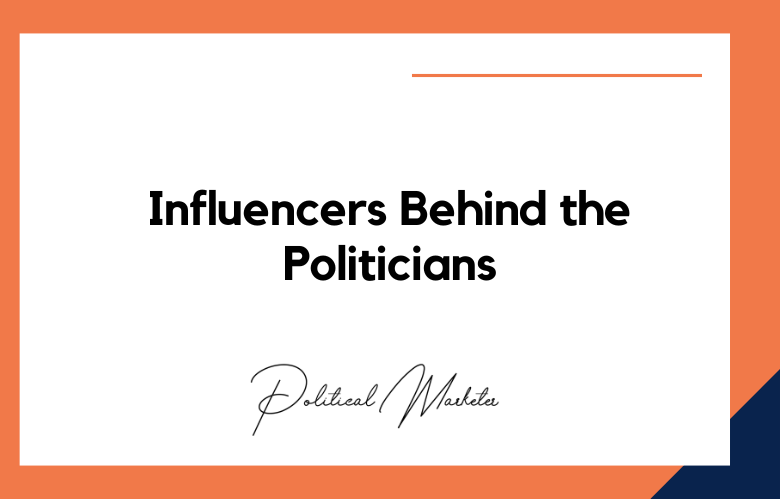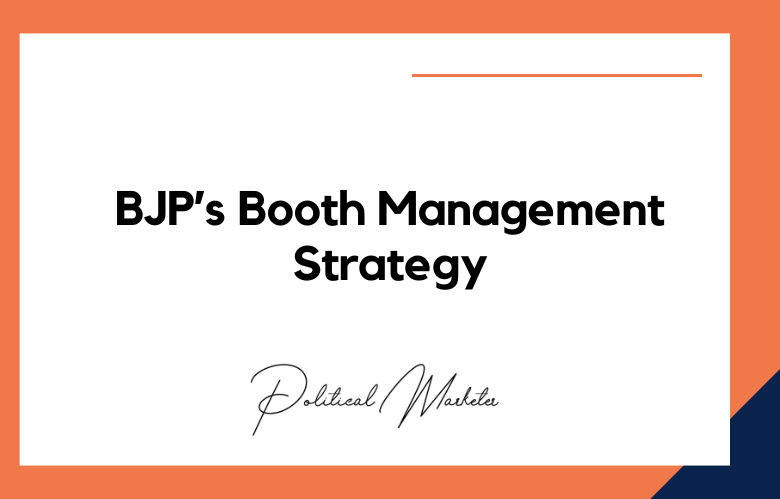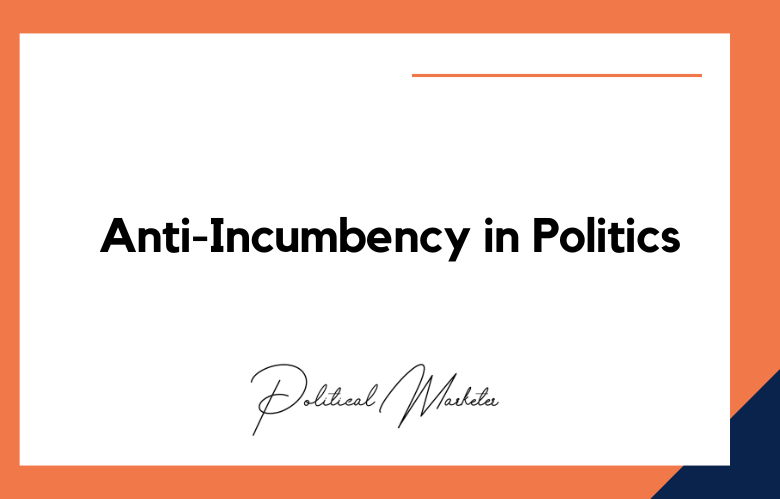In the age of social media, it’s more important than ever for political campaigns to find creative ways to reach potential voters who spend most of their time on their phones. Chatbots and AI offer a unique opportunity for political campaigns to engage directly with likely voters.
When used effectively, chatbots and AI can help create a connection with potential voters beyond simply broadcasting a campaign’s message.
Chatbots and AI can be powerful tools for political campaigns when used correctly. Chatbots can engage voters in various ways, such as by providing information about upcoming events or answering questions about the candidate’s platform.
AI can also be used to analyze voter data to understand better which messages resonate with which groups of people. These tools can help campaigns run more efficiently and effectively when used correctly.
However, there is also a potential for misuse regarding chatbots and AI. For example, if a campaign collects user data without their consent or knowledge, that could be considered voter manipulation.
If a chatbot were to send automated messages that appeared to be from a natural person, that could be regarded as dishonest behavior. Using these tools ethically and responsibly is essential to avoid potential negative consequences.
What are Chatbots, and how do they work?
Chatbots are computer programs that are developed to simulate human conversation. They are typically used in online customer service to automate repetitive tasks like answering common questions or collecting user information.
How can Political Campaigns use Chatbots?
Political campaigns can use chatbots in several ways, such as registering voters, providing voting information, or sending reminders about upcoming elections. By using this information, political campaigns can target their messages to specific groups of people.
What are the benefits of using Chatbots?
Several benefits come with using chatbots for political campaigns. For one, they provide a direct line of communication between the campaign and the potential voter. Additionally, chatbots can be used 24 hours a day, seven days a week, which means they can reach likely voters anytime.
Further, chatbots don’t get tired, and they can handle multiple conversations at once, which makes them much more efficient than traditional methods of communication like phone calls or door-to-door canvassing.
How Chatbots Can Be Used in Political Campaigns
Chatbots can answer questions about a campaign, provide information about a candidate, or even collect donations. For example, a chatbot could answer frequently asked questions about a candidate’s platform. This would allow the campaign staff to focus on other tasks.
Additionally, chatbots can be used to collect donations from supporters. This is a valuable way to raise money for a campaign as it allows supporters to donate without having to go through the hassle of filling out forms or making phone calls.
How AI can be effectively used in Political Campaigns
AI can be used in political campaigns in several ways. One way is by using it to target potential voters. AI can analyze voting history, demographics, and interests to identify voters most likely to support a candidate.
Additionally, AI can automate tasks such as scheduling social media posts or sending email blasts. This is valuable as it allows the campaign staff to focus on other tasks.
Benefits of using Chatbots and AI in Political Campaigns
There are several benefits of using chatbots and AI in political campaigns. First, they allow campaigns to save time and money. By automating tasks or providing information 24/7, chatbots and AI can help campaigns run more efficiently.
Chatbots and AI can help campaigns reach more voters with targeted messages. With more people run by the campaign, there is a greater chance of winning votes come election day!
One of the essential things for political campaigns to understand about chatbots is that they need to be used strategically. A well-designed chatbot can make all the difference in a campaign’s success. Here are a few tips on how political campaigns can effectively use chatbots and AI:
- Use chatbots to collect data about potential voters.
- Use chatbots to interact with likely voters on a personal level.
- Use chatbots to humanize the campaign in the eyes of likely voters.
- Use chatbots to reach out to potential voters in a non-intrusive way.
- Use chatbots to engage with likely voters regularly.
These tips will help ensure that your campaign makes the most out of chatbots and AI. With the right strategy, these tools can be invaluable assets in your quest for victory.
One significant advantage of using chatbots is that they give campaigns direct access to many potential voters. In the past, movements had to rely on volunteer callers or door-to-door canvassing to reach out to voters, which was time-consuming and not consistently effective.
With chatbots, however, all a campaign has to do is create a bot and post it online; from there, the bot will reach out to people who visit the campaign’s website or social media pages.
Another critical benefit of chatbots is that they can help collect data about potential voters. When someone chats with a bot, the bot can ask questions about things like the voter’s preferences or opinions on critical issues. This information can be precious to a campaign as it can help them tailor their messaging and target ads more effectively. Additionally, bots can keep collecting data 24/7 without taking a break because they never tire.
Chatbots also have the potential to humanize a campaign. In today’s world, many people feel disconnected from the political process; by adding a human touch through conversations with chatbots, campaigns can make themselves more relatable and approachable. This could cause more people to feel connected to the movement and motivated to vote.
The drawbacks of using Chatbots
Of course, there are drawbacks to using chatbots in political campaigns. One is that bots can sometimes spread fake news or misleading information.
Another potential drawback is that some voters may view chatbots as inauthentic or “cheating” because they are not speaking to a natural person.
However, as long as campaigns are transparent about their use of chatbots – for example, by clearly labeling them as such on their website or social media pages – this should not be too much of an issue.
How Chatbots Can Help Political Campaigns
One of the essential things for any political campaign is voter outreach. Chatbots can communicate with potential voters through Facebook Messenger, WhatsApp, and SMS. They can answer questions about the candidate’s platform, provide information about voting deadlines and locations, and even help people register to vote.
Another way that chatbots can help political campaigns is by fundraising. Chatbots can collect donations through platforms like Facebook Messenger and WhatsApp.
In addition to voter outreach and fundraising, chatbots can also be used for customer support. This is especially helpful during election season when long lines at polling places or call centers are inundated with questions about the voting process. Chatbots can provide answers to common questions quickly and efficiently.
Conclusion
Chatbots and AI offer a unique opportunity for political campaigns to engage directly with potential voters. When used effectively, chatbots and AI can help create a connection with likely voters beyond simply broadcasting a campaign’s message.
In the age of social media, it’s more important than ever for political campaigns to find creative ways to reach potential voters who spend most of their time on their phones.
Chatbots and AI offer a unique opportunity for political campaigns to connect with potential voters more personally.
Chatbots don’t get tired, and they can handle multiple conversations at once, which makes them much more efficient than traditional methods of communication like phone calls or door-to-door canvassing.
Chatbots and AI offer a new personal, efficient, and interactive way for political campaigns to interact with potential voters – making it an essential tool for any successful campaign.
Call: +91 9848321284
Email: [email protected]











